Tags: Stroke
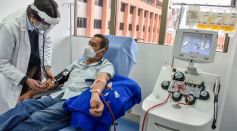
How to Improve Cardiovascular Health This National Heart Month

Gestational Diabetes Linked to Chronic Cardiovascular Outcome Later in Life

Extreme Exercise, Anger May Be Contributing Factor to Stroke; Researchers Investigate Over 13,000 Patients With the Condition

Stroke, Dementia Risks Can Be Alleviated by Drinking Two Coffees and Tea Daily

Fat is Good: New Study Reveals a Certain Type May Help Lower Risk of Stroke

Why You Should Not Oversleep? Excessive Sleep May Increase Risk of Stroke, New Study Says
World Stroke Day 2021 Celebrates New Treatments, Healthy Lifestyle to Avoid the Second Leading Cause of Death

Lys Therapeutics and the BB@C Institute to Hold a Scientific Conference in Support of World Stroke Day
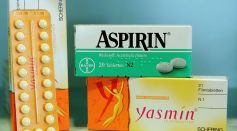
Aspirin Intake for Heart Attack, Stroke Prevention Could Be More Harmful than Beneficial, Panel Says
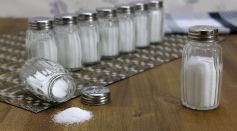
How Much Salt Should a Person Take Each Day? Cutting Sodium Intake Decreases Risk of Cardiovascular Disease
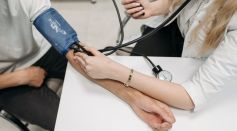
Physical Medicine and Rehabilitation: New Study Suggests Stroke Patients May Take Up to 3 Months to Recover

Sedentary Lifestyle Can Increase One’s Risk of Stroke; Higher Than Those Spending More Time for Physical Activity
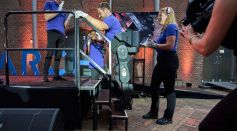
Powered Exoskeleton Suit: Potential Assistant for Stroke Patients, Elderly and Young People with Cerebral Palsy, Other Disabilities

Coffee and Brain: Can Too Much Coffee Consumption Lead to Dementia and Stroke?

Athletes at Higher Risk of Experiencing Heart Condition That May Lead to Stroke
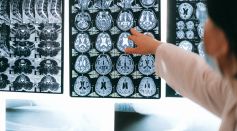
NCyborg Program: Can AI Robots Assist in Stroke Rehabilitation? Neuroscientists Develop Brain-Computer Interface to Find Out

Research Concludes Building Blocks of Muscle Fibers Lost After a Stroke

Human Gut Microbiome May Trigger Heart Disease and Stroke, Neurologists Discover

Recent Neurological Study Suggests Short Breaks Replay Memories, Help People Learn New Skills
Nanocapsules on Blood Clot Drugs Reduce Side Effects, Increase Efficacy
Most Popular

Microplastics Are Everywhere — How Plastic Pollution Threatens Wildlife, Soil, and Water

How Scientists Use Radio Telescopes to Search for Alien Signals Across the Universe

How Climate Change Amplifies Natural Disasters: Extreme Weather and Global Warming Impact

Climate Change Effect on Wildlife: How Shifting Habitats Are Transforming Animal Migration Patterns





